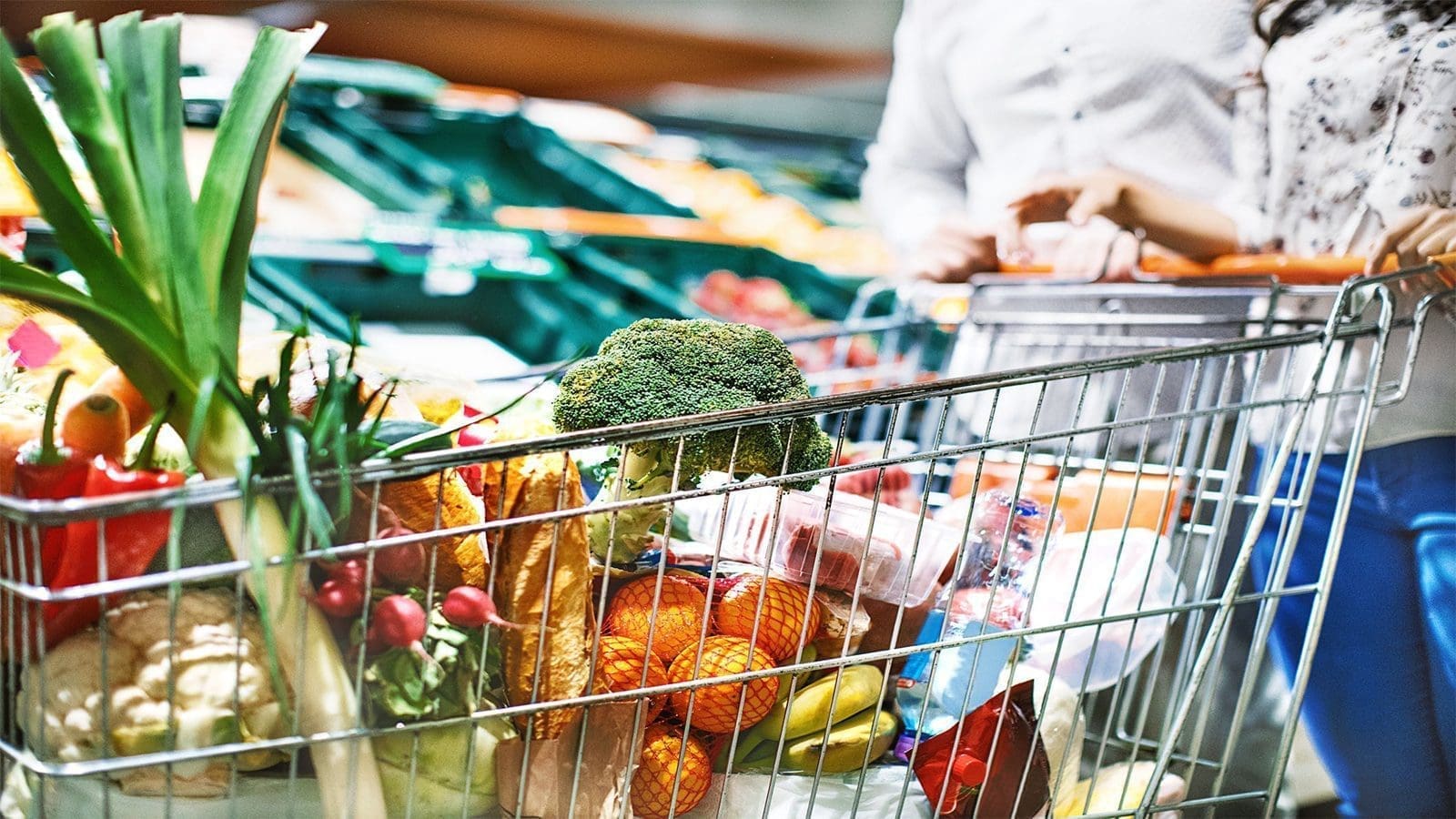CANADA – The European Food Safety Authority (EFSA) has acknowledged after a detailed food intake assessment, the use of Lalmin vitamin D (VitaD) yeast-previously only allowed in baked goods and dietary supplements- in 34 food categories including fermented milk or cream products and meat or dairy analogues, for all target populations.
Lallemand range of VitaD Yeast products are a natural and vegetarian source of Vitamin D that can be used to enhance the Vitamin D content of baked goods, and in particular of bread.
In May 2020, Lallemand Bio-ingredients, a privately owned Canadian company that researches, develops, produces and markets yeasts, bacteria and related products had proposed the broadening of the scope of use of the yeast.
The revised EU regulation approval for the use of Lalmin vitamin D yeast in 34 food categories will be announced by the end of 2021.
Lallemand has an active history with the EFSA for vitamin D yeast and pioneered the use of vitamin D yeast as a novel food by obtaining the first such authorization in 2014.
“We are very proud of having been the first to obtain approval for a natural source of vitamin D produced through exposure of yeast to UV light. Our vitamin D yeast was the first UV-treated novel food in the EU,
“With this extension of use we are now expanding its use in food applications and allowing for more foods to provide vitamin D. Evidence shows that vitamin D levels in the EU population are not adequate. Through our efforts, Lallemand can contribute to help address this important issue,” said Celia Martin, Global Regulatory Affairs Director for Lallemand.
The company has submitted another application dossier to the U.S Food and Drug Administration (FDA), along with a petition to expand the use of lalmin vitamin D yeast in 18 food categories.Approval is scheduled for 2022.
Vitamin D fortification requirements
Apart from being essential for maintaining healthy bones and teeth, vitamin D is an important component of the immune system and regulates the immune response to protect against infections, including viral infections.
There is clear scientific evidence that vitamin D levels are inadequate in the world’s population.
According to a research by MDPIA, an unrealistic increase in animal source foods and an increase in carbon foot print would currently be needed in order to meet the global population vitamin D needs, unless more foods are fortified.








